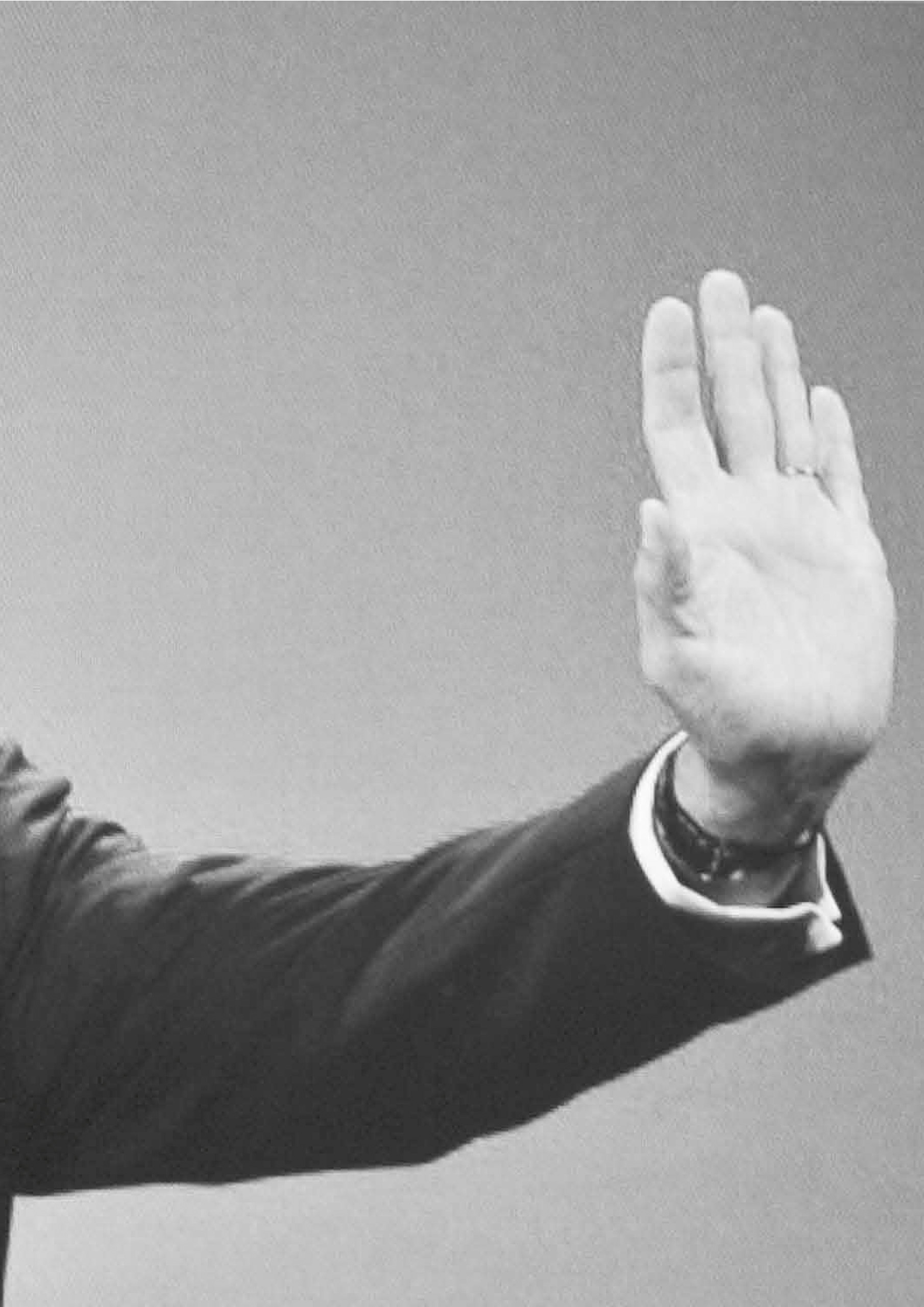No One Belongs Here More Than You
What we can witness in postsocialist Central and Eastern European countries nowadays, as well as in the Former West, is the rise of nationalist, populist, and far-right tendencies that are becoming increasingly normalised in our societies. Embraced by political representation, the implementation of discriminatory and exclusionary structures is justified by the vision of a uniform community. By making tangible borders and those in our minds more impermeable, this becomes visible in both public and virtual spaces.
The 12th edition of the Fotograf Festival explores the role of contemporary art in confronting these pressing social issues and asks how do photography and moving image contribute to the representation, understanding, and subversion of such political tendencies and their manifestations in spaces to which we belong. Accordingly, the festival brings together documentary, media-reflexive and activist approaches and sets a thematic focal point at each exhibition venue.
The central exhibition “No One Belongs Here More Than You” at the National Gallery’s Trade Fair Palace presents artistic strategies that question nationalist narratives as well as their fabrication and manipulation for cultural and political purposes. The exhibition “Extremely Normal” in the Fotograf Gallery asks how to come to terms with the far right by visual means, particularly in relation to contemporary photography and audiovisual art. Coming to terms with the contemporary visual presence of far-right symbolism in the public space is the theme of the exhibition “Outlet” presented at the Artwall Gallery.
The representation of nationalist narratives in the public realm is reflected at the VI PER Gallery. The exhibition “Contesting Sites of Memory” challenges the idea of a universally shared national heritage. A shared space is open at the Jelení Gallery where the Office group invites visitors to develop “Practices of Belonging”. Outside of Prague, the exhibition at the Hraničář Gallery also searches for “Common Grounding”, taking into account the specific context of Ústí nad Labem. In collaboration with the etc. gallery, the festival presents audiovisual production that uses its evidential power to counter repressive ideologies.
Bringing together local and international artistic positions, the festival gives a platform to a variety of artistic strategies, perspectives, and specific contexts. An overall comparative view of the works makes it possible to perceive both commonalities and particularities, allowing for the reflection of one's own situatedness. By doing so, the festival aims to create interconnected environments where artistic and theoretical approaches could be shared and discussed with the audience.
The festival is curated by a group of female curators including Markéta Mansfieldová, Elisabeth Pichler, and Tereza Rudolf, and consists of exhibitions, discursive events, and artistic interventions, which take place during September and October 2022.
